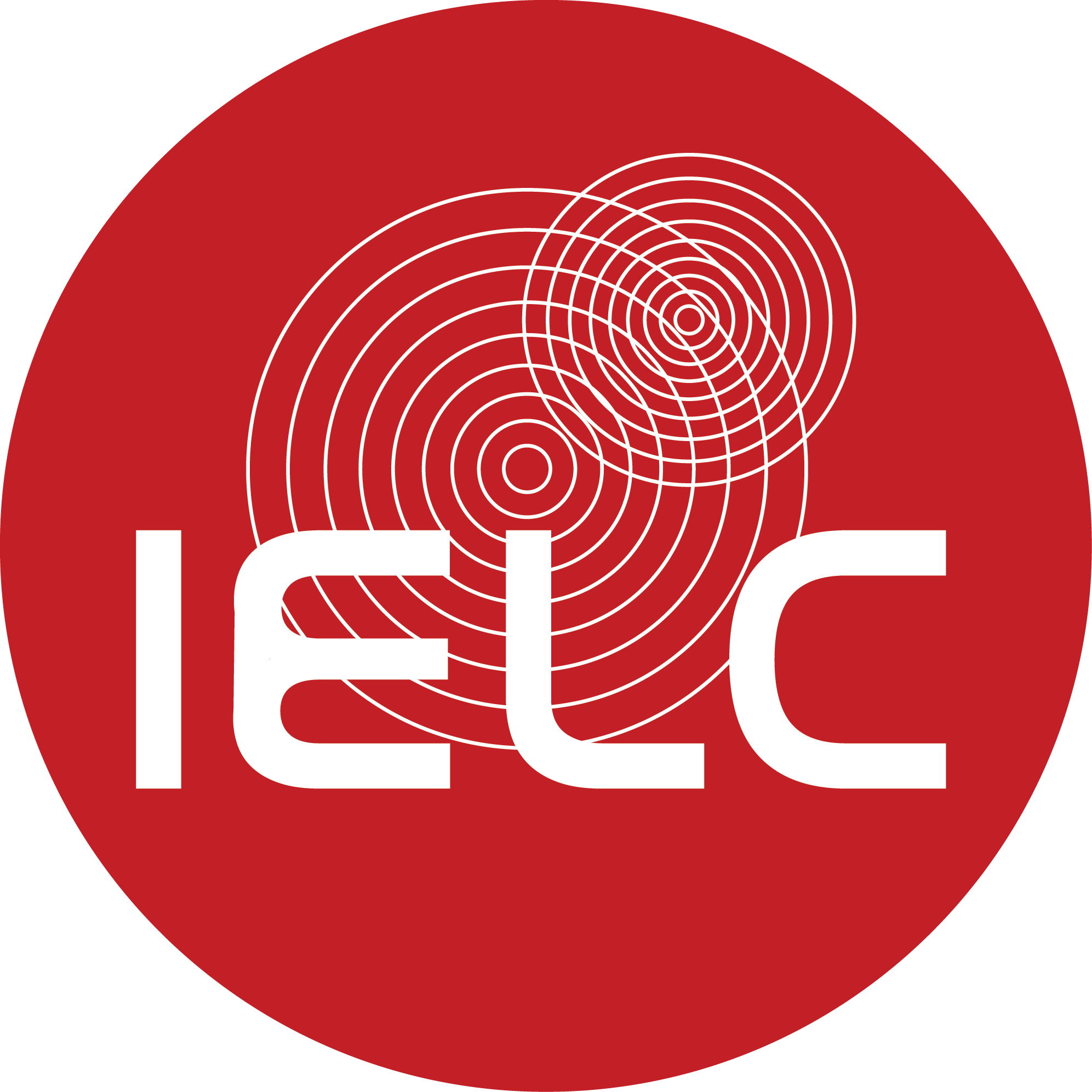| Special Journal Issues - Straddling the Global and National: The Emerging Roles of International Schooling Volume 74, Issue 1, 2022 Educational Review
|
||||||
|---|---|---|---|---|---|---|
Theme |
The special issue addresses the following key questions: How does the growing provision of and desire for international programmes affect education not only in international schools but also in other types of schools in their local/regional/national/international arenas?; How are schools across diverse contexts engaging with what international programmes represent as a global education for a global future?; How might a focus on “the global” facilitate or undermine engagement with local and national citizenship?; How have public schools and local governments responded to the expansion of international programmes into national education systems?; How are the educational opportunities and experiences of marginalised communities influenced? Eight research articles and a commentary in the special issue deepen our understanding of the changing nature of international schooling and its influence on national education systems. |
 |
||||
Issue
Co-editors |
 |
Prof Miri Yemini Professor of Comparative Education School of Education Tel Aviv University, Israel |
 |
Prof Lee Moosung Centenary Professor University of Canberra, Australia Senior Research Fellow of APCLC The Education University of Hong Kong, China |
 |
Dr Ewan Wright Assistant Professor of EPL Department Research Fellow of APCLC The Education University of Hong Kong, China |
| Contributors |
|
|||||
|
||||||
This study focuses on the intersection of global and local identity as it pertains to the case of Israeli youth studying at United World Colleges (UWC) versus those studying at local secondary schools. We examine how education at UWC schools shapes the national identity of Israeli high-school seniors, in contradiction with their socio-economically matched peers who studied at local Israeli schools that encourage a distinctly locally oriented identity. Specifically, twenty Israeli youth participated in semi-structured interviews; ten of them had just completed their final year of studies at UWC schools abroad, whereas the other ten had recently graduated from the Israeli public education system. We show that Israeli youth at both UWC schools and Israeli schools were pushed away from a cosmopolitan outlook, each for different reasons. As such, we discuss how complex relations with one’s nation’s political conflicts promote locally oriented identities even for students who were educated with a cosmopolitan ethos and surroundings, such as Israeli students at UWC schools. |
||||||
|
||||||
|
||||||
|
||||||
|
||||||
|
||||||
|
||||||
|
||||||

